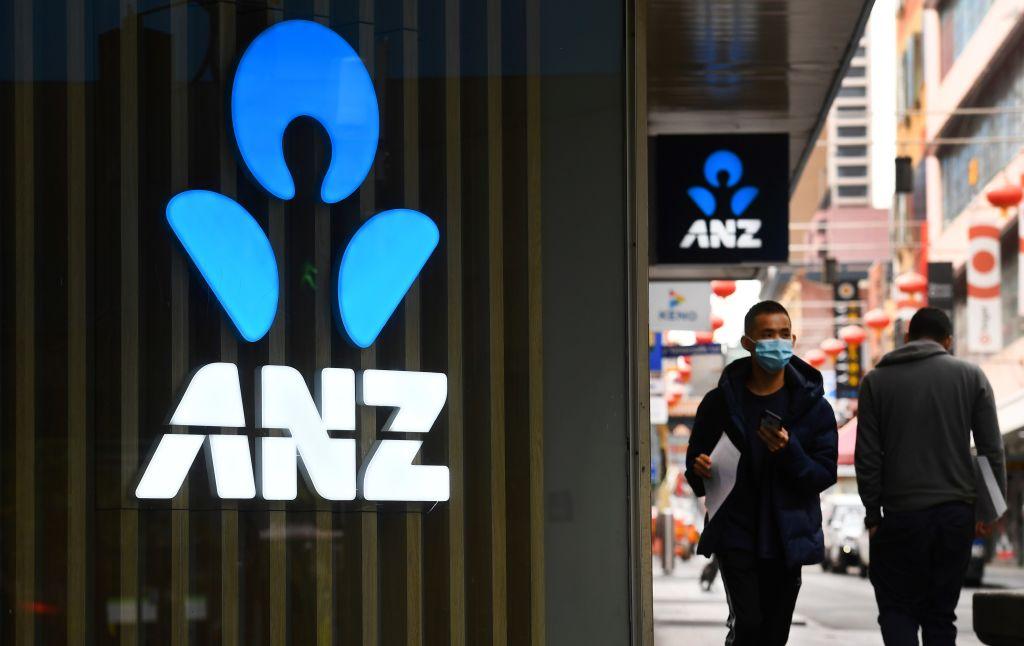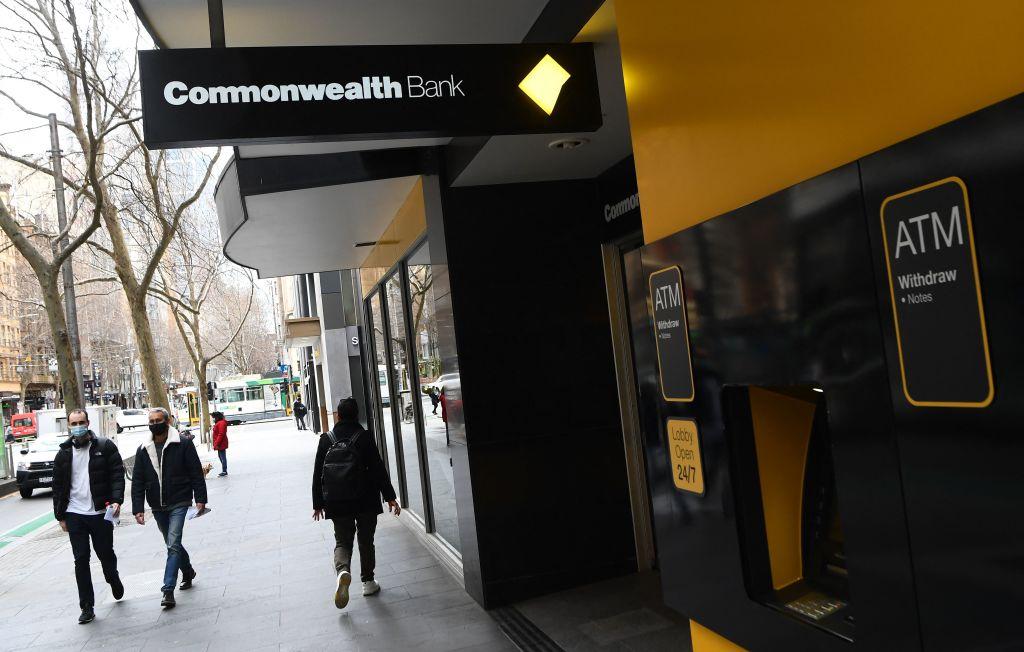Australian Prudential Regulation Authority (APRA) has named thirteen superannuation funds that have failed its inaugural performance test since the government’s “Your Future, Your Super” reform came into effect on July 1.
The 13 underperforming default Mysuper products, which collectively hold 56 billion in assets for 1.1 million members, include Colonial First State’s retail product Firstchoice fund, Christian Super’s MyEthical option, Commonwealth Bank’s super product for its employees and the industry fund for Victorian independent school employees.





